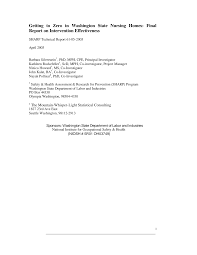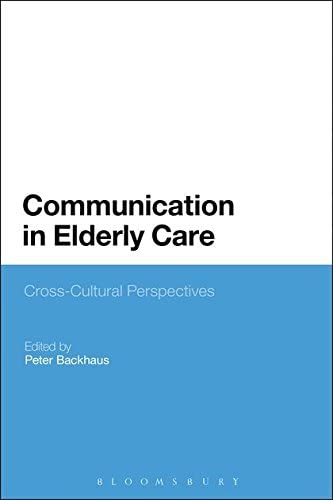
You can volunteer at a nursing home by doing a simple online search. Choose the best options based on where they are located, how big they are, and what type of senior care they provide. There are two ways to locate open positions: search for volunteer opportunities that nursing homes post on their websites, or reach out directly to nursing homes to find out if they have an open position.
Training requirements for nursing home volunteers
Volunteers in nursing homes may have to go through background checks. This is required by both the Centers for Medicare or Medicaid. The industry also requires drug testing. Even though there is no need for any special credentials or training, you might be denied if you have a clean criminal past. There may be additional requirements such as specific qualifications. Read on if you have any questions about background checks for nursing homes.
Responsibilities for volunteers in nursing homes
Volunteering at nursing homes has many benefits. However, it is also quite challenging. Volunteers at nursing homes must not only interact with residents but also have to be familiar with hospital policies and procedures. This training will help you to become more familiar with these policies and procedures. Some nursing home requirements require that volunteers have a driver’s licence or a track record of good driving. Before you decide to volunteer in a nursing facility, make sure to speak with them.

Volunteers in nursing homes are kept confidential
As enrollment in nursing homes and assisted living communities continue to increase, it is essential that volunteer programs be protected by appropriate policies and procedures. Volunteers must receive the proper training, education and information about their jobs, including HIPAA regulations and policies. Having a volunteer risk management plan is an excellent way to protect both the residents and the bottom line of a skilled nursing facility. Read on to learn more about the importance of having volunteers trained in these areas.
Lack of social contact for nursing home volunteers
The TOCO Program aims to address the social isolation of nursing home residents in times of COVID-19. It is working well. Seniors who participate in the program look forward to their weekly calls and are grateful for the companionship. While this program focuses on the residents' needs, it also benefits the student volunteers' social well-being. The following information will help volunteer organizations understand how best to respond to this persistent need among this vulnerable patient population.
Volunteers at nursing homes don't have enough meaningful activities
Volunteers in nursing homes can have some positive effects, but most programs do not offer meaningful activities to residents. Most regulatory policies do not explicitly define the role of volunteers, likening them to caregivers or supplementary staff. Although the fact that volunteers play an essential role in the care and treatment of residents is not a reliable indicator of their benefits, it is a start. Let's explore the characteristics of nursing home volunteer programs to better understand their benefits.
The staff discourages nursing home volunteers from engaging in challenging behavior with residents
Research has shown that nurses home staff may discourage their volunteers from engaging in difficult behaviors. This can result in increased turnover. Before they can begin work, volunteers should be properly trained. You should provide them with written materials, and assign them to a supervisor. Volunteers must be made aware of the potential consequences of breaking rules, becoming abusive, or being unreliable. Nursing homes should have policies and procedures in place to discipline volunteers who don't follow these guidelines.

Volunteers at nursing homes cannot travel because they lack transportation
Transportation is one the most critical needs of elderly residents and their family members. Although private drivers can be a great help, many volunteers are not able to afford gas. State reimbursement programs are available to help bridge the gap. Volunteers are trained to transport clients to and back from nursing homes. This allows them to provide vital services and aid the elderly in receiving the care they require. The benefits of volunteer drivers are numerous and far-reaching. These are just a few suggestions for anyone who is interested in helping nursing homes with their transportation.